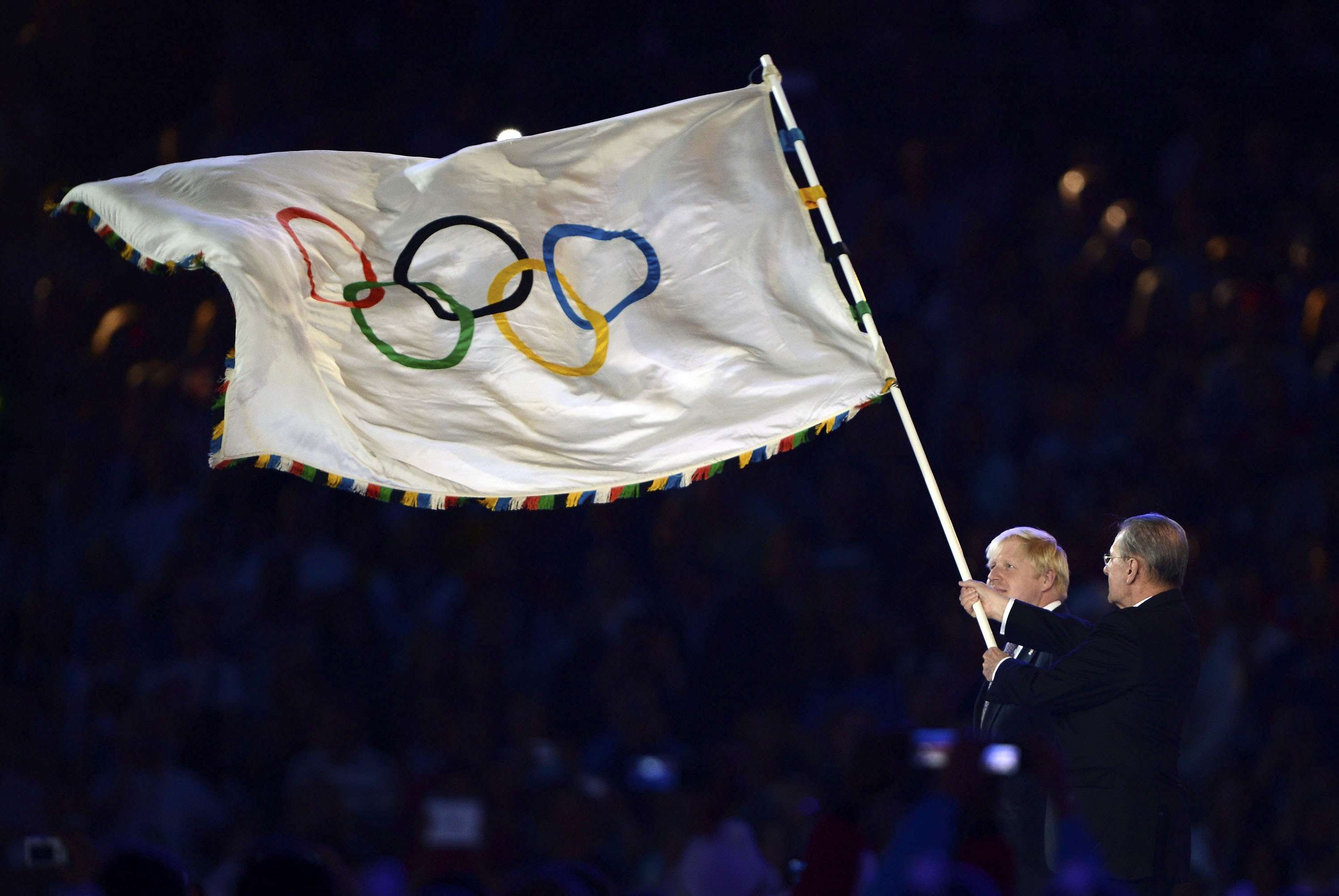Despite the scandals, sport is still able to articulate the human experience
Over the past couple of years, sports administration has suffered scandal after scandal. From doping to financial irregularities, corruption and bidding bribery, it seems that no sport is safe.
It makes you wonder whether this is a particularly corrupt time in sporting history, or whether we’re only now uncovering what lies beneath the tip of the iceberg sinking the sporting ship.
But amongst the scandals, there’s an interesting distinction to be made. According to a fairly recent survey by Transparency International, 69% of football fans had no confidence in world football’s governing body FIFA. Yet around about the same time – February 2016 – the Premier League was able to sign the biggest TV rights deal in football’s history.
It’s interesting that corruption and scandal can continue to rise – or at least be uncovered – and yet the public doesn’t seem to want to abandon sport.
Ratings and popularity trump integrity. Of course. NFL is a good example: if you’re caught using steroids for the first time, you get a four match ban. It goes to show how something we consider to go fundamentally against our understanding of sport can also be of no consequence to a sport-watching public. Ratings are high, and that’s what matters to the governing body.
So brands aren’t pulling the plug on their sponsorships despite the scandals. As long as ratings are high, sponsoring, say, the Olympics, means gaining the ability to reach large numbers of people with a very particular interest.
So what is it about sport that makes it so marketable even though the public opinion of bodies like FIFA is so low?
Deborah Stafford-Watson’s opinion piece in The Drum hits on some of the reasons why the Olympic games is such fertile ground.
At its core, the Olympics embodies human emotion, excellence and struggle in a very powerful and emotional way. From the raw emotion of Derek Redmond’s personal tragedy at the 1992 Barcelona games, to the way London 2012 brought a city together, the games has a product that hits at the very heart of the human experience in a simple and easy to understand way.
Sport will also be at the forefront of new technologies, it will be hugely discussed on social media. It will offer brands the chance to be creative, become early-adopters of game-changers like Facebook live and VR.
So whilst a majority of people have no confidence in sports administration, that same majority are able to make a distinction between the scandals and the part of sport that entertains and inspires.
People won’t abandon sport, they’ll just play up the bits they like. Maybe that ability to be comfortable with such blatant doublespeak is also part of the human experience.
About author
You might also like
SPORTEL 2021: Day One Recap
This year’s prestigious SPORTEL convention kicked off in sunny Monaco today, welcoming a host of familiar faces as well as plenty of new ones. Doors opened at 8:30am with businesses
Six Founding Riders Set To Bring The Vision Of The UCI Track Champions League To Life
Olympic Champions, UCI World Champions and World Record holders join the new track cycling competition debuting in November 2021 The UCI Track Champions League is delighted to announce that six
Sports related spending to soar this summer as pre-pandemic life resumes
New insights from eBay Ads UK reveal the potential for brands to engage with an excited but nervous nation as sports events get back on track As pubs and indoor








